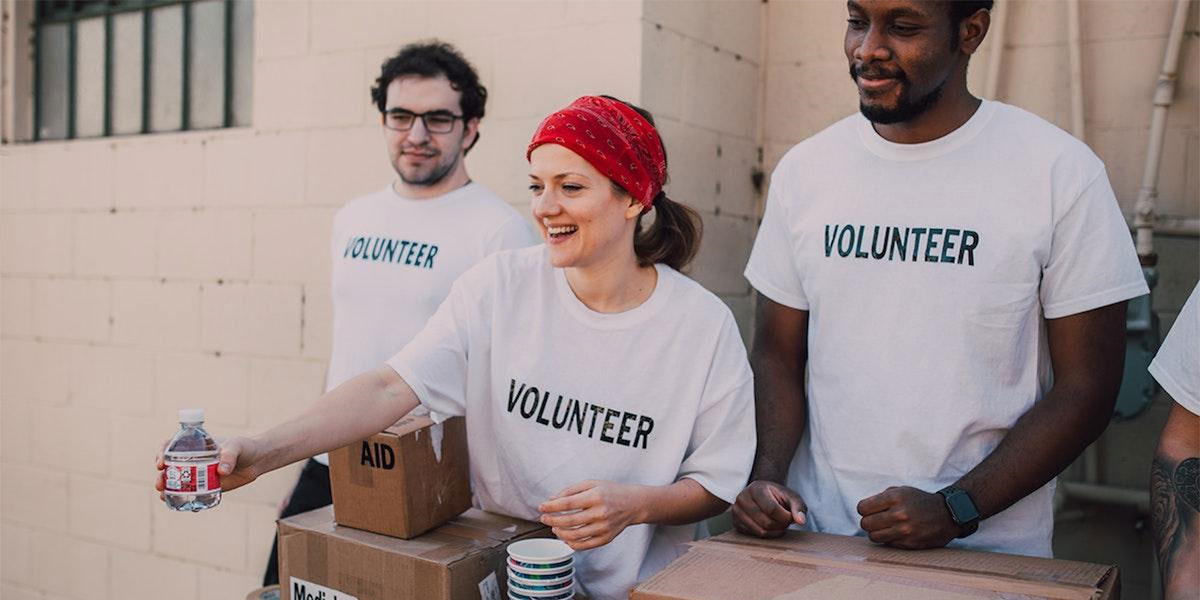Whether you’re a concerned parent or come from a family with addiction issues, it’s important to know that you can prevent substance use before it starts. Prevention is an important part of the puzzle, as addiction does not discriminate. Two people with similar risk factors can have very different outcomes after experimenting with drugs. Therefore, you never know who is at risk until it’s too late.
Since addiction can affect anyone, it’s important for people to take substance use seriously. Prevention is the easiest way to stop addiction and the devastating consequences that come with it. Fortunately, there are many effective prevention strategies that individuals, families and communities can practice.
1. Educate Youth
One of the best ways to prevent addiction is by educating young people about the risks of drug and alcohol use. People who are educated are more likely to respond in appropriate ways because they know the dangers of saying ‘yes.’ While education can be done on a community or school level, the best education comes from home. Parents and guardians should discuss these complex issues and act as good role models for their children.
2. Teach Healthy Coping Skills
Self-medication is a common reason why people abuse substances. Instead of having healthy coping skills, they turn to drugs and alcohol. Although substances may temporarily numb uncomfortable emotions, they are not healthy ways to cope. Over time, drugs and alcohol can rewire the brain, exacerbate symptoms of mental illness and start an addiction.
Examples of healthy coping skills include:
- Talking to a trusted friend or therapist
- Engaging in physical activity
- Writing down feelings in a journal
- Practicing deep breathing
- Embracing creativity
- Meditating
- Practicing good self-care
3. Get Involved in the Community
People who are actively involved in their communities are less likely to use drugs or alcohol. They have a desire to live purposely and fulfill their passion in life. Not to mention, volunteering and helping others is good for mental health. It helps people see their greater purpose in life and makes it easier to practice gratitude. In turn, people are happier, more resilient and less likely to fall into addiction.
4. Stay Connected to Friends and Family
Having healthy relationships is an important part of maintaining good mental health. Friends and family offer support and provide essential human interaction. Addiction, on the other hand, is an isolating disease that destroys social connections. It’s important for people to know the importance of having a strong support network. They should also be aware of resources in their community, such as self-help and twelve step groups.
5. Promote Good Self-Care
It’s easier for a person to fall into bad habits when they’re not sleeping or eating well. Fortunately, practicing good self-care makes the body resilient. Not only should people make an effort to care for their physical health, but also their mental health. This may include going to therapy, practicing stress management skills and maintaining a good work/life balance.
Access Support from Spearhead Health
The above strategies have proven to be effective at preventing substance use. If you or a loved one is already struggling with addiction, contact Spearhead Health today. Our private consulting and care management services can help you find a path to healing. Addiction and mental health issues can be debilitating, but they are treatable and respond well to medication, therapy and counseling. Let us find your route to recovery!
